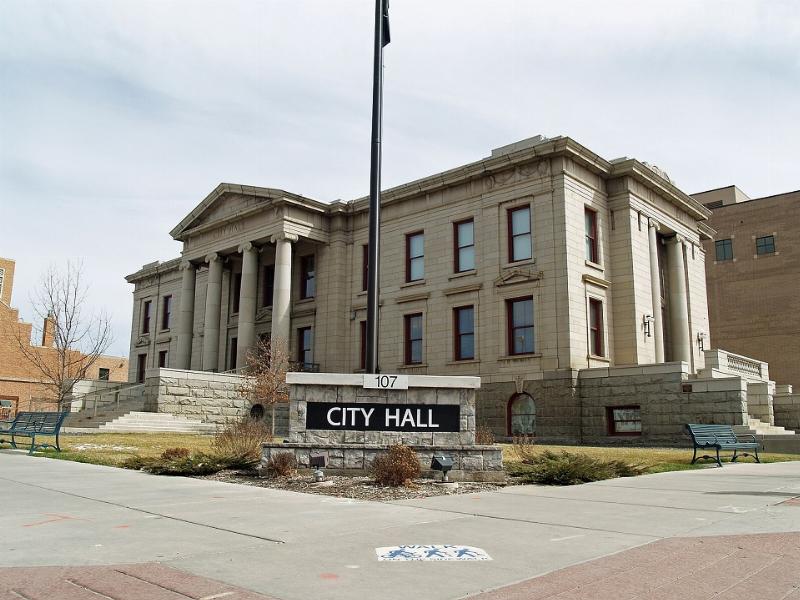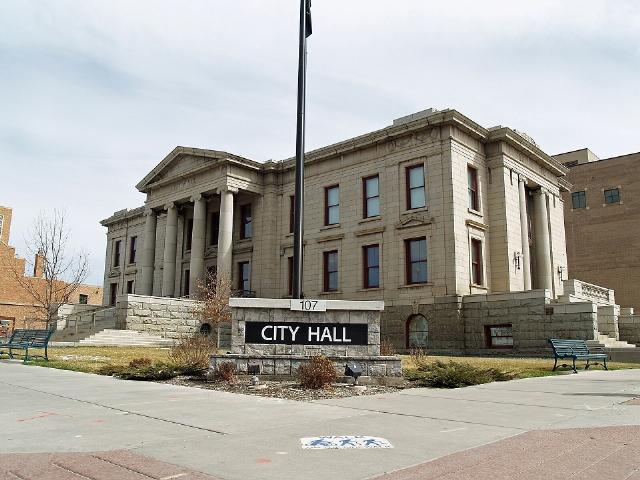


At the onset of COVID-19 in March 2020, I remember how surreal it felt when state and local officials across the country issued orders to “shelter in place.” At that time, we knew so little about the novel coronavirus, but the news coverage of massive deaths in Europe made these government orders seem reasonable, if drastic.
Businesses closed. Schools shut down. Churches cancelled. Streets emptied. We were told to wear surgical masks and practice social distancing when in public -- only venturing out for “essential activities,” of course. Some cities and counties even threatened fines and jail time for those who didn’t comply. Decisions made by local governments regulated our lives longer than we’d ever thought possible in America.
The COVID experience shed light on the importance of local policymakers. The budgets, protocols and philosophical mindsets of our local officials have an enormous and direct impact on our lives. Yet, voter turnouts for local elections -- when we choose these important officials -- fall drastically behind those at the national level.
Examples of local government:
Instead of your child learning to read, write and do math in school, they could (and often do!) spend precious hours and taxpayer money learning hollow, or even harmful, philosophies that have nothing to do with mastering the next level of fundamental skills. Instead of your city council members making sure that roads are functioning and the police department is well-staffed, they could be preoccupied with meeting employee diversity quotas or planning a parade to celebrate LGBTQ+ pride.
Therefore, here are some simple ways everyday Americans can stay informed about local government activities without attending board meetings or reading the long-winded written record of a previous meeting.
Debbie Wuthnow is the president of iVoterGuide, a division of AFA Action, and a member of the Board of Directors of AFA Action. She joined iVoterGuide in 2011 as a data analyst and was named president in 2018. iVoterGuide is a one-stop resource for candidate ratings and election information and other information needed to help Americans vote wisely and identify candidates on the ballot who share their values.

Image: David Shankbone
